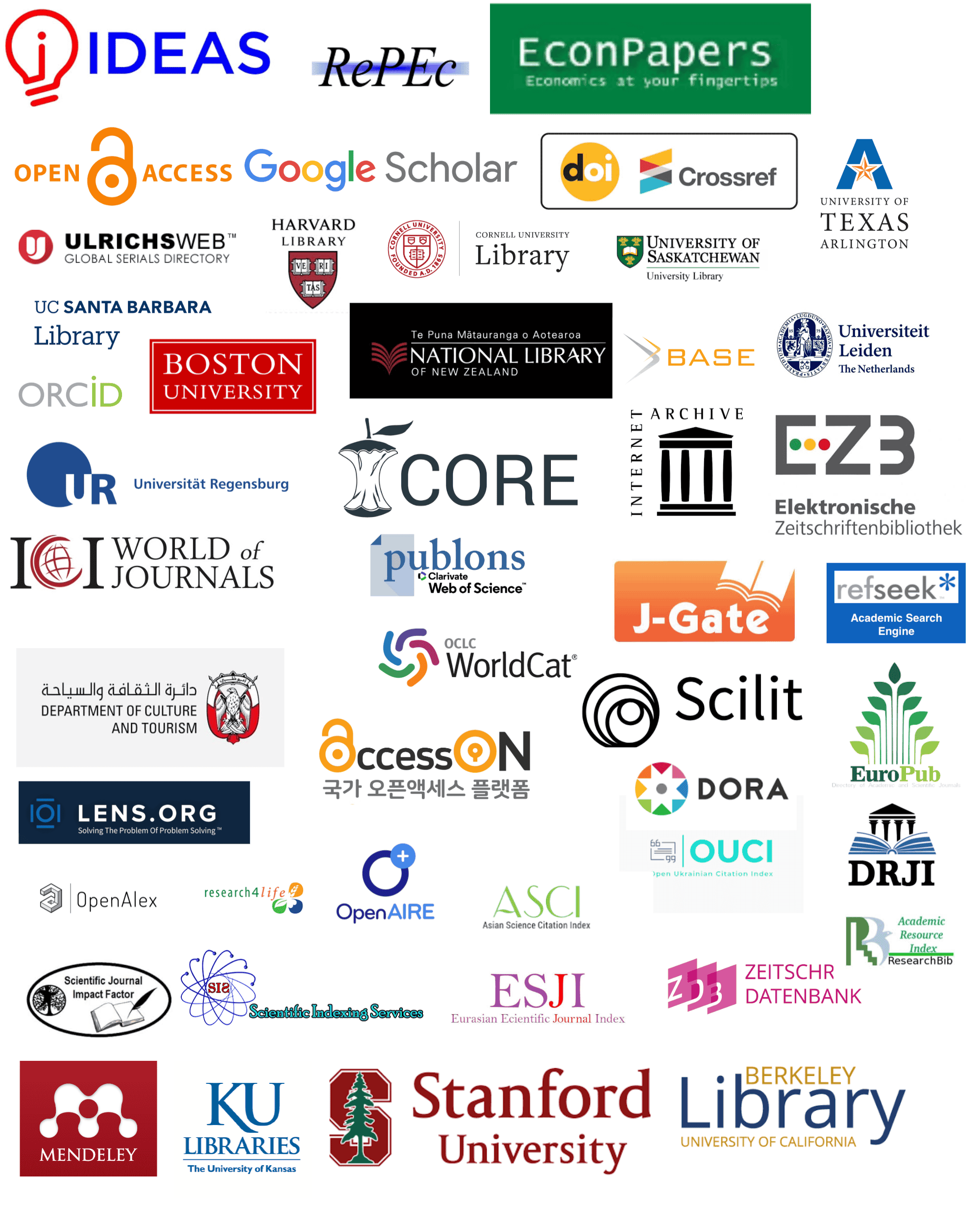The role of macroeconomic factors in enhancing foreign direct investment: Cases of Kazakhstan and Uzbekistan
DOI:
https://doi.org/10.56879/ijbm.v4i2.98Keywords:
FDI; Central Asia; investment; macroeconomic factor; business environment; GDPAbstract
For developing countries such as Kazakhstan and Uzbekistan the amount of FDI is crucial for economic growth. This article studies the effect macroeconomic factors potentially bring to inflow of FDI into Kazakhstan and Uzbekistan during 2005-2023 through the Panel-Corrected Standard Errors (PCSE) regression approach in STATA software. The considered macroeconomic factors (being independent variables) are GDP, population number, labor force participation rate, share of tax revenue in GDP, openness to trade and inflation. Surprisingly, inflation levels and openness to trade do not bear any significant impact on FDI inflows and the only positive correlation with FDI inflow was identified for GDP and previous FDI inflows. Other remaining macroeconomic factors bring negative effects to FDI inflows in terms of Kazakhstan’s and Uzbekistan’s economies. However, as this study is based on a limited time horizon, the generalization of the results may be problematic due to data constraints and the possibility of considering other variables, such as political stability and regulatory quality. Further research should extend the time span, consider industrial spheres for investments and incorporate additional macroeconomics factors to further build on the knowledge of FDI drivers in Central Asian economies. Similar studies were conducted for other countries and some of them for Central Asian economies, but these papers are based on more prior periods allowing my study to fill the gap for the first quarter of the 21st century.
Downloads
Published
Issue
Section
License
Copyright (c) 2025 Laura Kuzakhmetova (Author)

This work is licensed under a Creative Commons Attribution 4.0 International License.


